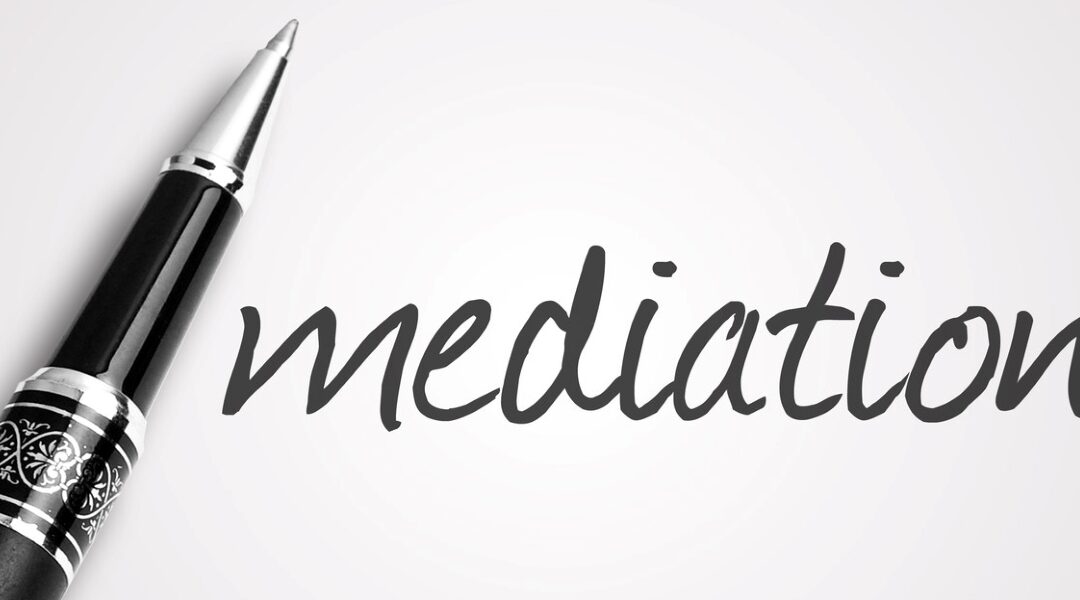Mediation is an amazing way to resolve a dispute between two parties to help avoid going to trial. Good mediators are the key to facilitating the right discussions, building better negotiations, and ultimately settling disputes.
However, making that happen is not always an easy process.
Instead, it means a clear understanding of the process, great mediation skills, and the right strategy. What you should know about mediation before you meet with clients is extensive, but here are some of the most important.
1: Is it Voluntary or Mandatory?
Before you even begin working on a case, you will want to ask an essential question – why do you need a mediator? It could be a voluntary process between two parties who have both agreed to mediation.
In the event where mediation is mandatory, due to a contract or ordered by a court. In this instance, one party may simply participate because they are forced to. They have no real interest in coming up with a fair settlement.
In cases like these, make sure that you know the rules being enforced in this case and that you are ready to comply with them.
2: Who Might Be Attending?
Interested parties from both sides must attend a mediation session, but who those interested parties might be depend a bit on the session.
For example, if mediation is required for an employment dispute, a former employee and a representative from the company’s HR department might attend.
In that situation, you probably do not need the CEO, but the higher up the person, the more likely you are to get somewhere with the session.
3: What is the Mediation Process?
The process itself may be defined by the reason behind the need for mediation, so know what must happen before it begins. If the mediation is mandatory, review the rules that must be followed first not only for yourself but for those in the room too.
Make a time to give short opening statements, then offer the opportunity for both sides to completely explain what they’re hoping to gain out of the session. You may want to do this one-on-one or in a joint session depending on the required rules and the clients themselves.
Finally, work to come to an agreement during the negotiation phase of the process.
4: What Strategy Should a Mediator Use?
There are a number of strategies you may want to use in a mediation session, but there a few with more weight. Begin by being prepared and transparent. It can be time-consuming and some parties may be difficult, but be as tolerant as possible throughout the process.
Flexibility is also important. Beyond those basics, you may have to adjust your strategy to fit the parties’ needs. Sometimes, direct discussions will work well.
In other situations, you may have to do some restating to help both sides understand the other’s situation.
Additionally, focus on the interests of the more difficult party to reach an agreement. Have plenty of strategies in your playbook before you begin so you can help the parties reach an agreement.
5: When Should You Formalize an Agreement?
The best time to make the agreement you’ve negotiated formal is the moment the negotiation is over. You will want to detail the principles of the agreement in writing and have each side sign it before anyone leaves the mediation.
No need to rush this part. This will become a legal settlement document and it is not finished until everything is agreed upon.
If money is involved, all parties should write down how much will be paid and when it will be paid. If there is a payment arrangement in place, that must be part of the agreement.
When parties need to approve the settlement, try to get them there before anyone leaves. Once people have left, “buyer’s remorse” may set in, and a proposed settlement can unravel.
At the end of the day, every mediation is different, but it is often the best opportunity for clients to resolve a dispute before they go to trial.
As a mediator, you have a unique role – a chance to create calm and pave the way forward. With a firm understanding of these ideas, you can make that happen.



Recent Comments